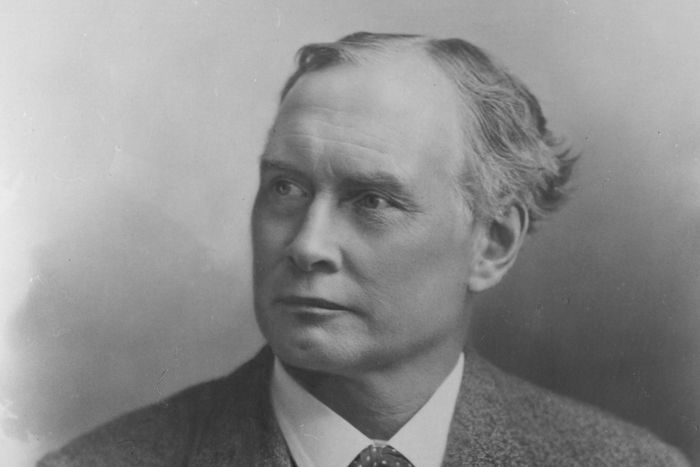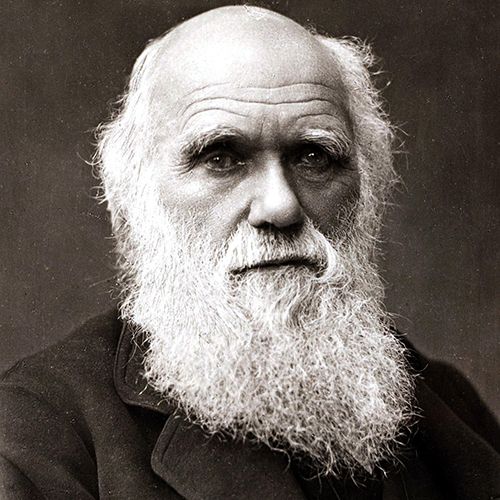Joseph A. Kane (1953) is an acclaimed American journalist and author whose work has significantly contributed to environmental literature. Known for his immersive and empathetic storytelling, Kane focuses on the struggles of indigenous populations in the face of ecological destruction. His debut non fiction book, “Running the Amazon” (1989), recounts the harrowing journey of an expedition that covered the entire length of the Amazon River. His second non fiction book, “Savages” (1995), is a poignant exploration of the Huaorani Indians’ battle against the harmful practices of international oil companies in the Ecuadorian Amazon. Kane’s masterful blend of adventure, reportage, and intimate narrative offers readers a profound insight into the stark realities of environmental degradation and the urgent need for conservation. His works, celebrated for their compassionate portrayal of threatened ecosystems and the people within them, underscore the vital conversation around global environmental issues and indigenous rights.
Continue reading “Joe Kane”Category: Ecuador in Global Literature
Edward Whymper
Edward Whymper (London, England, April 27, 1840 – Chamonix, France, September 16, 1911) was an English mountaineer, explorer, author, and illustrator. Whymper is most famous for his exploration of the Alps and for being the first man to climb the Matterhorn in 1865. In 1880, he ventured on an ambitious expedition to Ecuador with a specific interest in studying the effects of altitude sickness and reduced pressure on the human body. Guided by the experienced Italian mountaineer Jean-Antoine Carrel, Whymper ascended several of Ecuador’s volcanoes, including the Chimborazo and Cotopaxi, making him the first to do so. Beyond the mountaineering feats, his exploration of Ecuador’s mountains resulted in “Travels Amongst the Great Andes of the Equator” (1891), a significant publication that offered deep insights into high-altitude physiology, the diverse biodiversity, and the breathtaking landscapes of the Andes.
Continue reading “Edward Whymper”Charles Darwin
Charles Darwin (Shrewsbury, Shropshire, England, February 12, 1809 — Downe, Kent, England, April 19, 1882) was a renowned English naturalist and biologist who is best known for his significant contributions to the science of evolution. His most famous work, “On the Origin of Species” (1859), drastically shifted scientific thought and proposed the idea of natural selection. Darwin’s time spent in the Galápagos Islands of Ecuador during his voyage on the HMS Beagle was instrumental in shaping his theories. Here, he meticulously observed and documented a variety of species, including the islands’ famous finches, which varied greatly in characteristics such as beak shape and size from island to island. The diversity and adaptability of these species in response to their unique environments led Darwin to conceptualize the principles of natural selection and evolution. His work, much of which was deeply rooted in the data gathered in the Galápagos, revolutionized our understanding of the natural world and has had an enduring impact on numerous fields of study, from biology to anthropology.
Continue reading “Charles Darwin”


